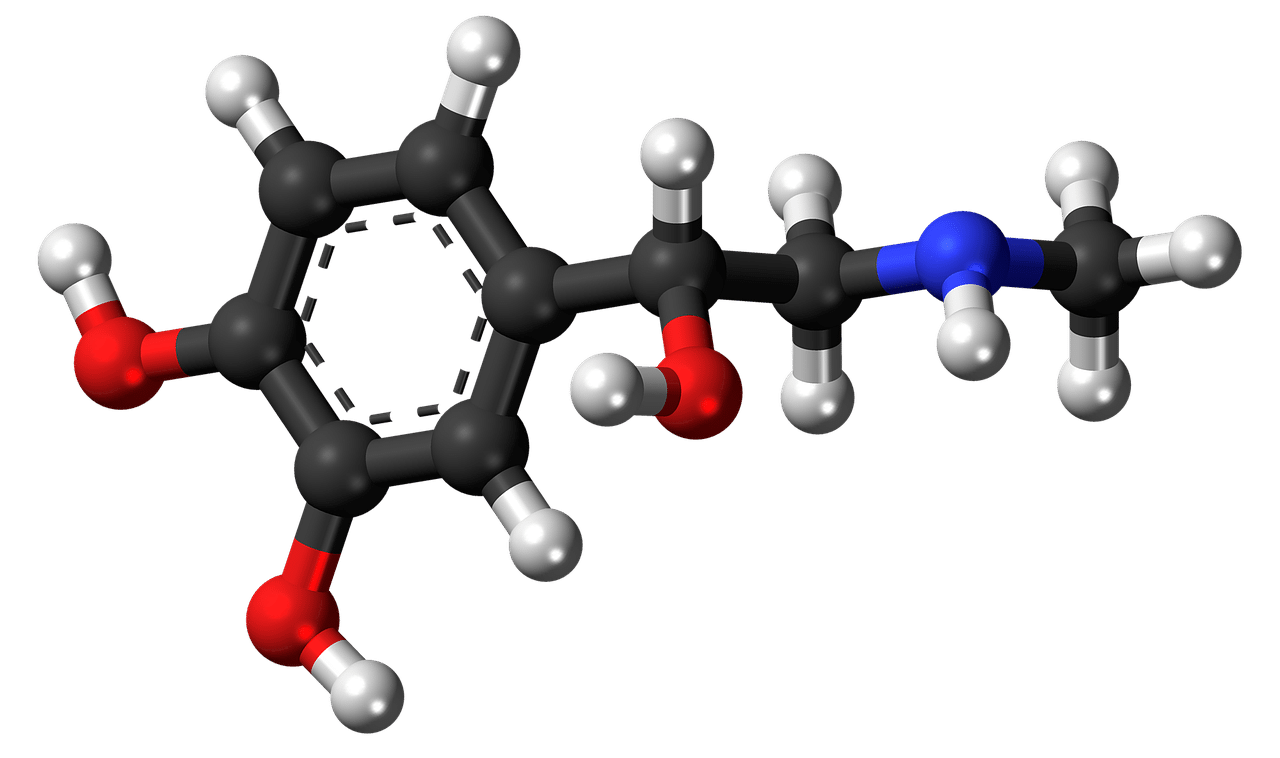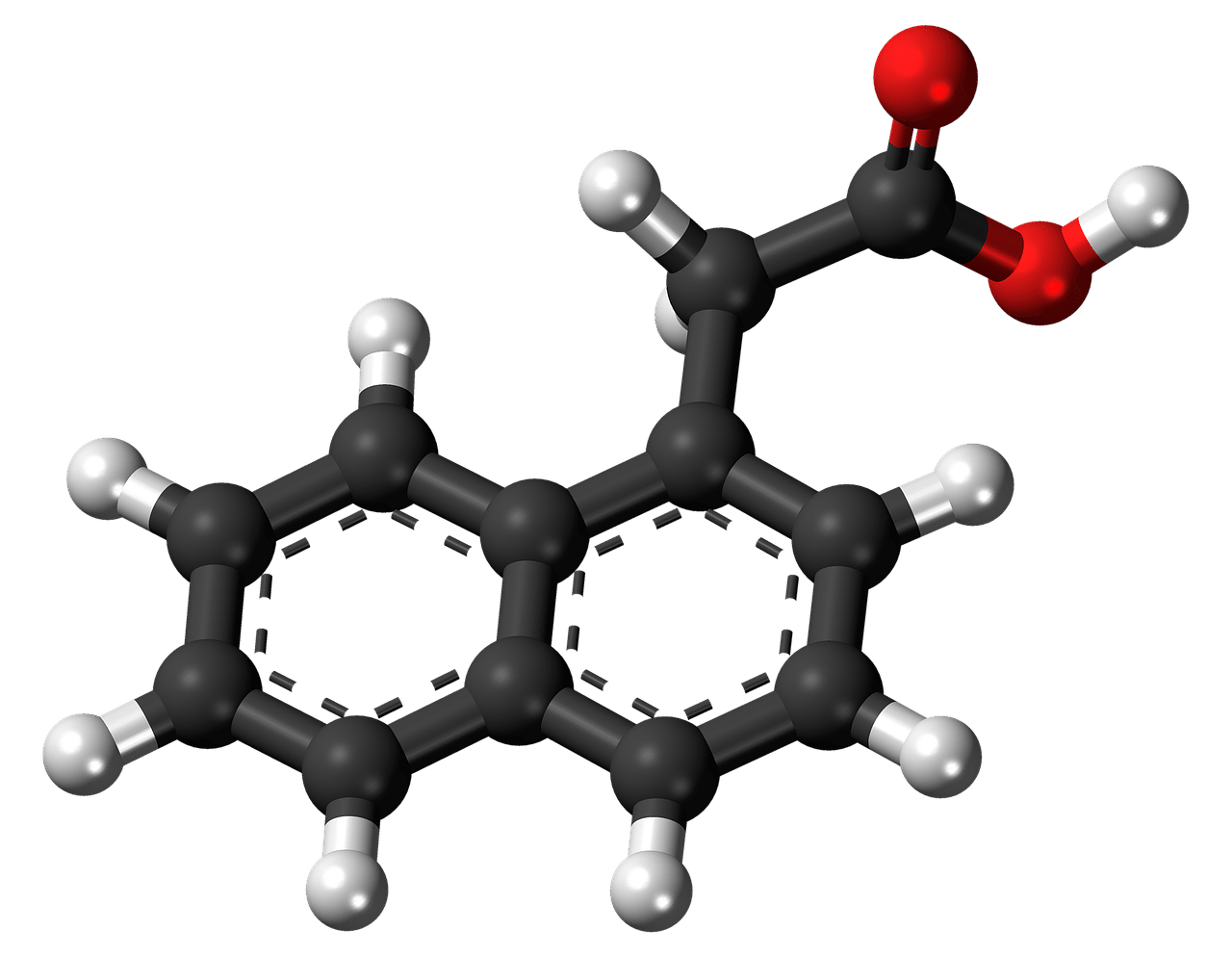
A steroid hormone is called aldosterone.
Aldosterone is a steroid hormone : that is, a steroid that works like a hormone. To know what aldosterone is, therefore, it is necessary to understand these two terms that are used in the field of biochemistry .
A hormone is called a substance that is secreted by certain glands and that, when distributed by the body through circulation, manages to regulate, inhibit or excite the activity of the organs. A steroid , on the other hand, is a chemical substance from which it is possible to obtain different compounds that are very important for biological functioning.
What is aldosterone
Aldosterone, thus, is produced by the adrenal glands and is responsible for regulating the metabolism of electrolytes (elements that undergo electrolysis: they can be broken down by electric current).
Belonging to the group of mineralocorticoids , aldosterone increases blood pressure and contributes to the secretion of potassium and the storage of sodium , for example.

The concept of aldosterone is used in biochemistry.
Your measurement
There are many people who find it necessary to undergo a test to find out their aldosterone levels. These are individuals who are suffering from problems with blood pressure such as so-called orthostatic hypotension or who have blood pressure that is difficult to keep under control.
To determine aldosterone levels, you can choose tests such as the captopril test, the corticotropin test, or the intravenous saline infusion test.
Disorders that affect aldosterone level
The level of aldosterone in the body can be affected by various disorders. The excessive production and secretion of aldosterone is called aldosteronism or hyperaldosteronism , an alteration that leads to a reduction in the amount of potassium in the blood plasma and, as a consequence, blood pressure can rise. This disorder can also cause headaches, spasms, and chronic fatigue.
Addison 's disease , on the other hand, causes a decrease in the amount of aldosterone and causes gastric and cardiac problems, as well as general weakness.
In addition to these pathologies, low aldosterone levels may be due to the person eating a diet very rich in sodium or having congenital adrenal hyperplasia .
If the results obtained are higher than normal, it may be due to diseases such as these:
- Cushing's syndrome . People who suffer from it have skin infections and frequent back pain, among other symptoms. Diabetes, kidney stones and marked osteoporosis are some of the most serious possible consequences and difficulties associated with this pathology.
- Bartter syndrome . It is a rare disease that manifests itself through constant vomiting, a marked delay in growth, a notable tendency to dehydration and the periodic appearance of kidney stones. The only treatment that can be given to these people is a diet rich in potassium and sodium, although in certain cases the use of inhibitors will be necessary.
